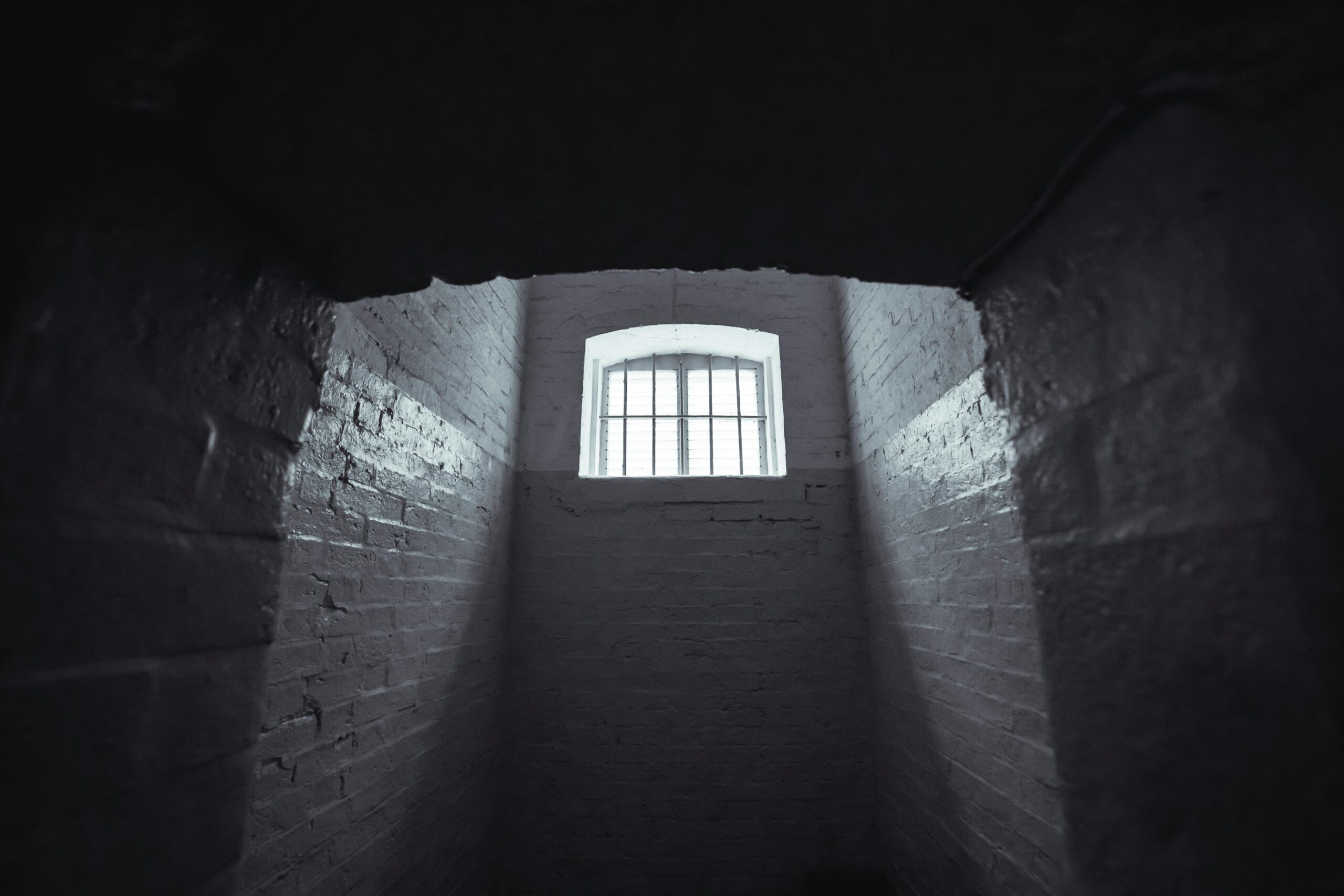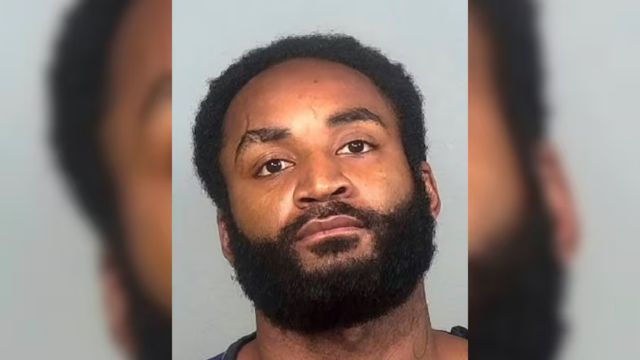In a recent court ruling, Justin Cortes, a 29-year-old man with a long criminal history, was sentenced to 65 years in prison for the murder of Angel Figueroa in Humboldt Park, Chicago. This sentencing comes after Cortes was found guilty of shooting Figueroa while he was on parole for a previous crime.
The Murder and Investigation
On the evening of August 6, 2021, 38-year-old Angel Figueroa was in a van with his girlfriend driving and his daughter seated in the back. They were traveling along the 3400 block of West Division when they came across a silver Santa Fe that pulled up next to them. Cortes, who was driving the Santa Fe, fired a single shot that hit Figueroa in the face, killing him instantly. Figueroa’s girlfriend, who was with him at the time, witnessed the whole incident. She heard the gunshot and saw the Santa Fe speeding away, and when she turned to check on Figueroa, she found him slumped over and unresponsive.
Authorities soon launched an investigation, and through the use of both private and public surveillance cameras, they were able to trace the silver Santa Fe to a smoke shop on West North Avenue. The video footage from the shop revealed that the driver of the vehicle was Justin Cortes, which led to his identification. Additional evidence, including Cortes’ phone location data, showed that he was near the scene of the shooting when Figueroa was killed.
The Courtroom Verdict
After a trial that concluded in October 2023, Judge Thomas Byrne convicted Cortes of murder and two counts of aggravated discharge of a firearm. Cortes was sentenced to 35 years in prison for the murder, with a 25-year enhancement for personally firing the shot that killed Figueroa. The law also required that he serve 100% of his sentence for the murder charge. In addition, Cortes received a five-year sentence for the aggravated discharge of a firearm charge.
Previous Criminal History and Parole Violation
Justin Cortes’ criminal past was a major factor in his sentencing. He had already been convicted of four felonies, and at the time of the murder, he was on parole for a previous home invasion. Just two months before the shooting, Cortes was indicted on multiple charges, including possession of drugs and firearms. In a raid on his home, authorities found over $1,800 worth of marijuana, six ecstasy pills, a loaded and defaced handgun, ammunition, and nearly $1,000 in cash.
Despite these serious charges, a judge had decided to delay Cortes’ bail hearing for two months. In that time, before any legal actions could be taken on his new charges, Cortes went on to commit the murder of Angel Figueroa. His actions during this period have raised questions about the effectiveness of the parole system and whether he should have been kept under tighter surveillance.
A Community Impacted
The tragic death of Angel Figueroa has left a deep impact on his family, particularly his girlfriend and daughter, who were with him during the shooting. Figueroa’s loved ones have expressed their grief over his loss, and the community has been left shaken by the senseless violence.
Cortes’ sentencing serves as a reminder of the ongoing challenges faced by cities like Chicago, where gang violence and repeat offenders continue to pose a threat to public safety. While some see the sentence as a step towards justice for Figueroa’s family, it also highlights broader issues related to crime, parole, and the safety of residents in high-risk areas.
The Future for Cortes
Now facing a lengthy prison sentence, Cortes will likely spend the majority of his life behind bars. His case has also sparked discussions about the criminal justice system, particularly regarding parole for repeat offenders. It raises the question of how effective parole monitoring is in preventing crimes like this, especially for individuals with a violent criminal history.
Conclusion
Justin Cortes’ sentencing brings a sense of closure to the tragic murder of Angel Figueroa. However, it also underscores the ongoing struggles related to criminal justice, parole systems, and gang violence in Chicago. The loss felt by Figueroa’s family and the wider community will likely remain a haunting reminder of the dangers posed by repeat offenders in the city.
(source : newsbreak.com)




